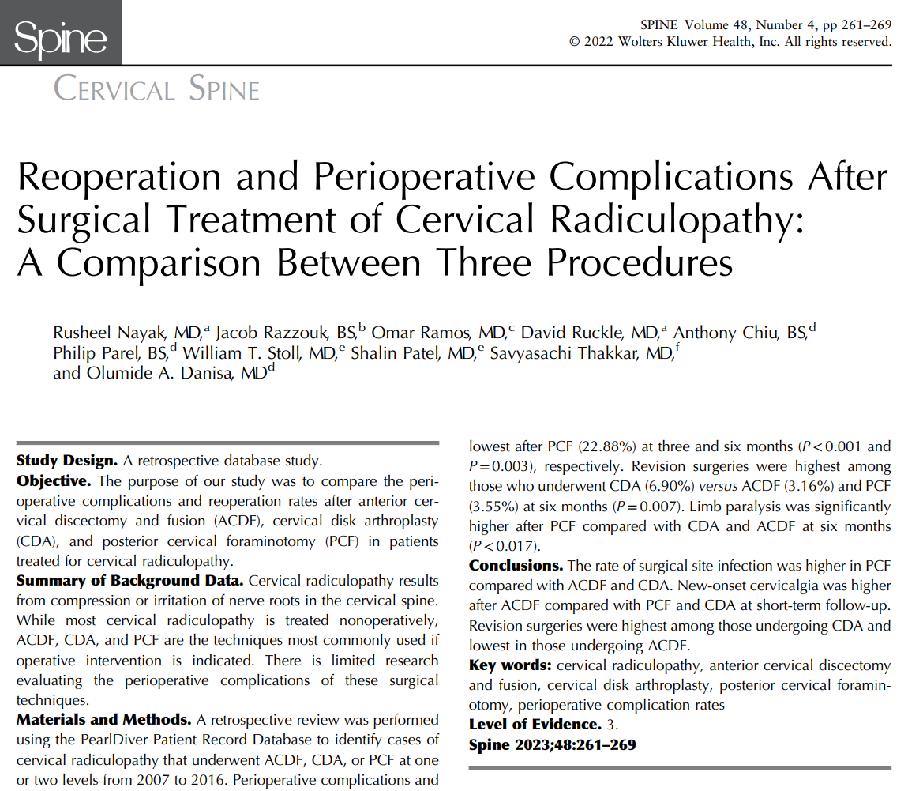"Exploring the Impact of Pets on Mental Health: Does Pets Help with Depression?"
#### Translation of "does pets help with depression":"Do pets help with depression?"---#### IntroductionThe relationship between humans and animals has been……
#### Translation of "does pets help with depression":
"Do pets help with depression?"
---
#### Introduction
The relationship between humans and animals has been a topic of interest for centuries, particularly in the context of mental health. Many people wonder, "Does pets help with depression?" This inquiry is particularly relevant in today's fast-paced world, where mental health issues are becoming increasingly prevalent. In this article, we will explore the various ways pets can positively influence our mental well-being, particularly in relation to depression.
#### The Emotional Bond

One of the most significant benefits of having a pet is the emotional bond that develops between the animal and its owner. Pets offer unconditional love and companionship, which can help alleviate feelings of loneliness and isolation often experienced by those suffering from depression. When we interact with our pets, our brains release oxytocin, a hormone associated with bonding and emotional connection. This release can create feelings of happiness and reduce stress, answering the question, "Does pets help with depression?" in a positive light.
#### Routine and Responsibility
Owning a pet introduces a sense of routine and responsibility into a person's life. For individuals struggling with depression, having a daily schedule can be incredibly beneficial. Pets require feeding, exercise, and care, which can motivate their owners to get out of bed and engage in daily activities. This sense of purpose can be a crucial step in managing depressive symptoms. By asking, "Does pets help with depression?" the answer often lies in the structure and routine that pet ownership provides.
#### Physical Activity
Engaging in physical activity is known to have a positive impact on mental health. Pets, especially dogs, require regular exercise, which can encourage their owners to be more active. Taking a dog for a walk or playing with a cat can increase endorphin levels, leading to improved mood and reduced feelings of anxiety and depression. Therefore, the question "Does pets help with depression?" can be answered affirmatively, as the physical activity associated with pet ownership contributes to better mental health.
#### Social Interaction
Pets can also serve as a bridge to social interaction. Dog owners, for example, often meet other pet owners during walks or at parks, fostering social connections that may not have existed otherwise. These interactions can combat the social withdrawal that often accompanies depression. Thus, the presence of a pet can enhance social support networks, further supporting the idea that "Does pets help with depression?" is indeed a relevant question with a positive answer.
#### Therapeutic Benefits
The therapeutic benefits of pets are well-documented. Animal-assisted therapy is a recognized treatment for various mental health issues, including depression. Trained therapy animals can provide comfort, reduce anxiety, and improve overall emotional well-being. This form of therapy highlights the significant role pets can play in mental health treatment, reinforcing the notion that "Does pets help with depression?" is not just a casual inquiry but a serious consideration in therapeutic practices.
#### Conclusion
In conclusion, the question "Does pets help with depression?" can be answered with a resounding yes. The companionship, routine, physical activity, social interaction, and therapeutic benefits that pets provide can significantly improve mental health and alleviate symptoms of depression. As we continue to explore the intricate relationship between humans and animals, it becomes increasingly clear that pets can be vital allies in the journey toward better mental health. Whether through the love of a dog, the purring of a cat, or the companionship of a rabbit, pets can indeed make a positive difference in the lives of those struggling with depression.